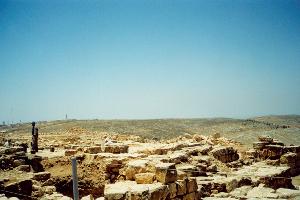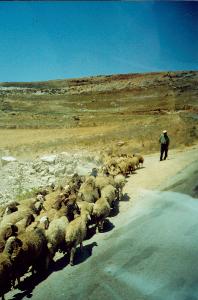Despite our differences, we are one in Christ, bound together by one Spirit, united in the truth that Jesus is God’s Son, the Jewish Messiah, our Savior and Lord. This is an appropriate location for us to remember that.



Joyously drawing water from the springs of salvation Isaiah 12:2-3
Despite our differences, we are one in Christ, bound together by one Spirit, united in the truth that Jesus is God’s Son, the Jewish Messiah, our Savior and Lord. This is an appropriate location for us to remember that.


